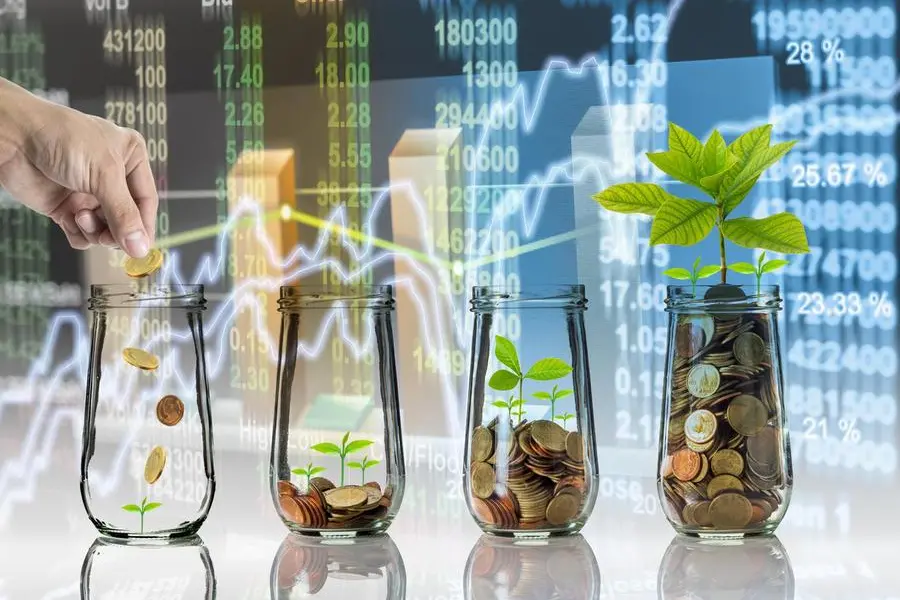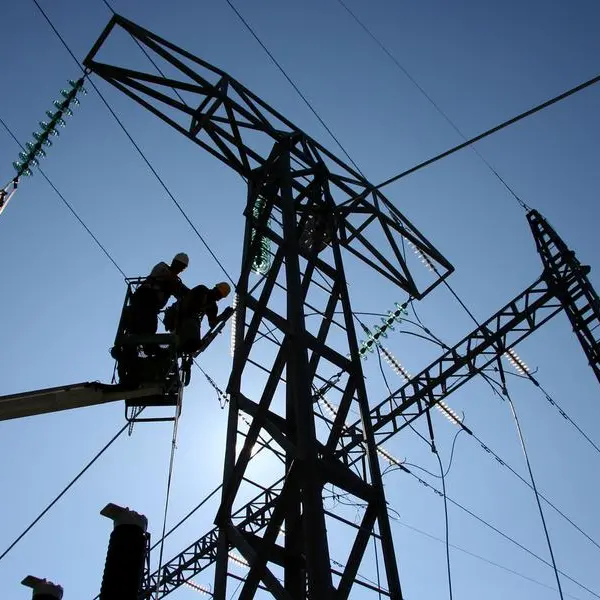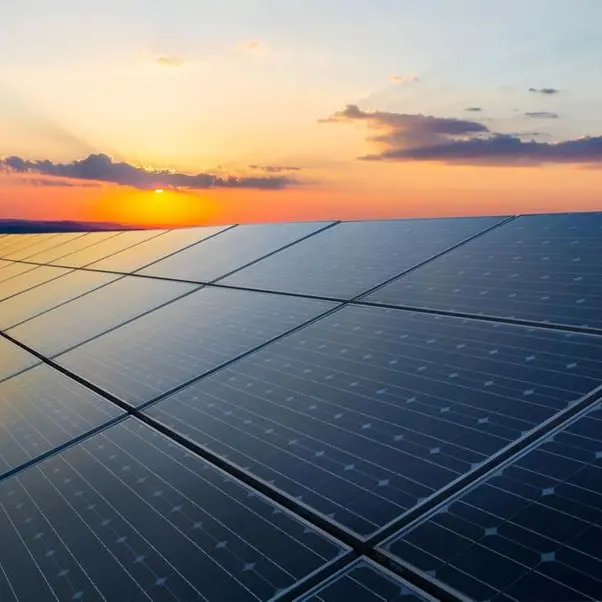PHOTO
Decoupling carbon emissions from economic growth could be the key to achieving net zero targets, according to PwC’s Yahya Anouti, who spoke on the sidelines of the release of the company’s Net Zero Future50 report on Tuesday, which highlighted 50 regional start-ups driving innovations in climate tech.
“The climate challenge is a global one, but this region is in a position to lead the world in renewable energy in terms of total spend and governance,” said Anouti, who serves as PwC’s Partner at Strategy& and Sustainability Leader.
“Technology will be at the heart of the solution, which is why our goal has been to identify startups within the region that can lead the fight against climate change.”
From tackling food waste to boosting aggrotech, these 50 startups appear to be fighting the good fight for the planet while driving growth in essential sectors, but experts says the fight for funding appears too far more immediate, say experts.
“There is a lack of education on climate investments. That’s the fact,” said Sonia Weymuller, Co-Founder and General Partner, Venture Souq, a MENA-based venture capital fund manager. “Everything starts with the limited partners and so even as we need immediate capital to inject into such startups, we need to use this opportunity for these limited partners to create economic opportunities for decades to come.”
According to Weymuller, the next generation of leaders who are taking over family offices have a greater awareness and are keen on incorporating climate technologies into their business strategies.
PwC’s Anouti explained the funding challenges: “Funding to enable these start-ups/ scale-ups is about bringing in investors from the private sector or the government. We need to have dedicated funds to enable these start-ups, which is different in DNA from classical funding, and we need the management and the right governance to make it happen.”
Oisin Commane, Head of Masdar’s Abu Dhabi Sustainability Week, said it is important to focus on the supply chain needs to make room for SMEs in the climate space.
“As big companies, we should be integrating more local companies into the supply chain. There is a lot more skill in this region that is developing. As big companies we need to take more risk to bring about change in the system,” Commane said.
According to Sherif Tawfik, Microsoft’s Chief Sustainability Commercial Officer, Central and Eastern Europe, Middle East and Africa, progress has been made, but not at the rate the world desperately needs.
“Look at the percentage of companies, across any size, committed to climate change. Look at countries, which aren’t serious about committing. What we need is action, it is time to move on from pledges to progress,” he said.
Weymuller also weighed in to add: “Where is the incentivization for corporates to work with SMEs? How do we get more corporates to work with SMEs? How do we hold them accountable? Those are the key questions that will put us on the right path.”
With the COP28 less than 10 days away, Anouti feels the annual climate summit is a much-needed “milestone event” to take sustainable action that would bring balance to the “nascent ecosystem” around us.
“We will have 80,000 people coming [to COP28] with investors, private sector players, government leaders, all meeting in one place. The exposure for start-ups will be unmatched. We are waiting for some decisions to come out of the negotiations on the funding or transparency side, which could go a long way in building micro ecosystems for startups in this region to put us down a path of green transition.”
(Reporting by Bindu Rai, editing by Seban Scaria)





















